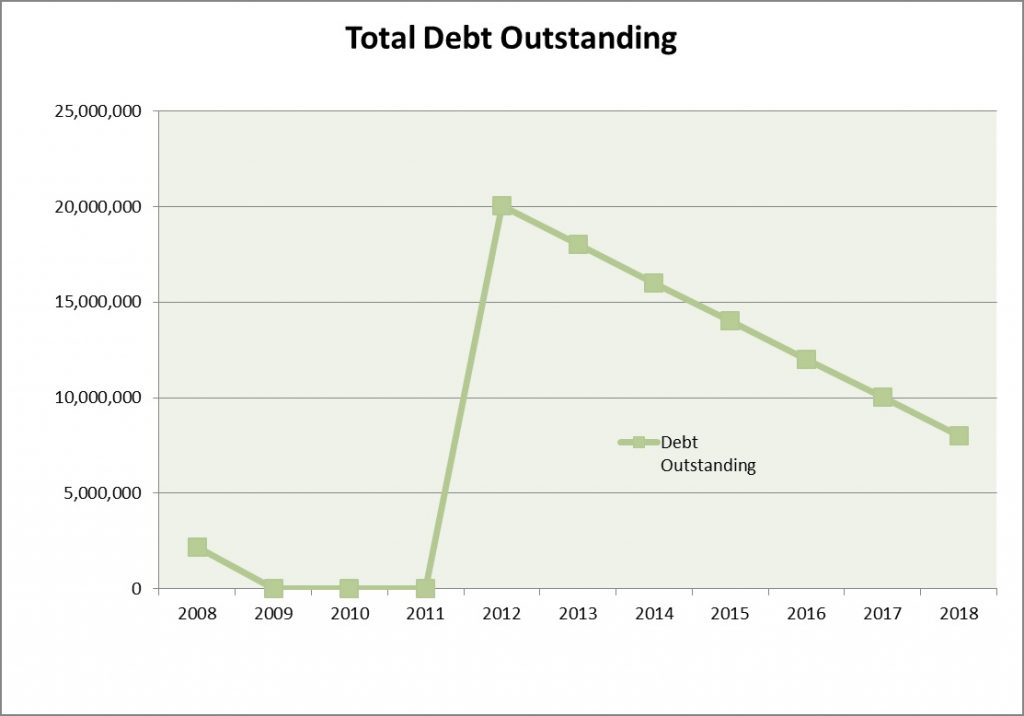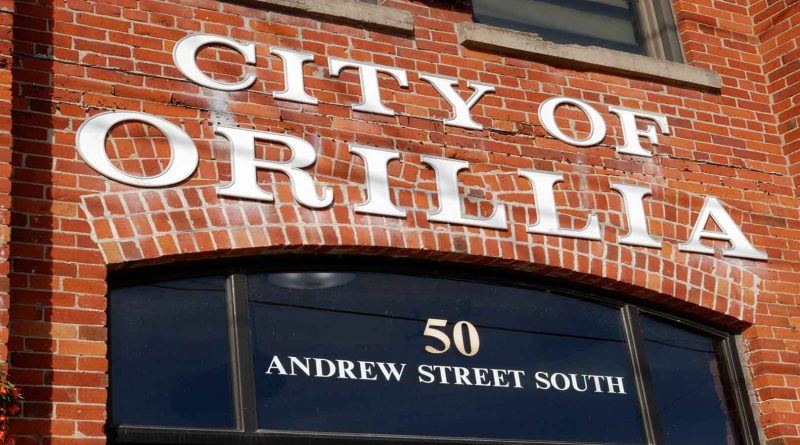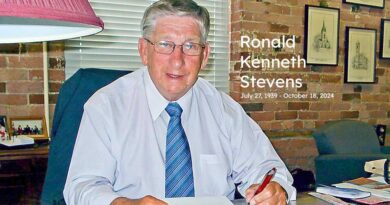Council Preview
By John Swartz
Orillia council’s committee agenda Monday night looks pretty slim compared to recent weeks with only 9 items – 4 of which are enquiries (which normally pass quickly).
Of particular interest is an enquiry from mayor Steve Clarke to prepare a report on the feasibility of removing the vulnerable sector screening for licensing requirements for taxi and transportation network companies. Taxi driver licensing was previously the subject of an analysis piece and an editorial on the VSS in SUNonline/Orillia.
The reason for the enquiry is not supplied in advance but may stem from letters received by the City contained in a recent council information package complaining of the absence of UBER in Orillia .
A lengthy report prompted by a letter from the chamber of commerce regarding capital spending at the Port of Orillia begins the evening. The chamber is asking the City consider installing diffusers in the port to prevent weeds from taking root. Currently the ministry of natural resources does not allow weed cutting before July 15th to aid fish spawning, however the chamber argues the weed cutting each year after that date does not remove weeds, they settle to the lake bed, lowering the depth of the harbor. A second step involved is to use a series of products:
“”Winter Warrior”, “CFLO”, “Clean & Clear”, and “Nutrient Sponge GR” to the water. These products are designed to assist beneficial bacteria, accelerate biodegradation of organic matter and improve water quality. They are environmentally friendly and approved for use by the Ministry of Natural Resources.”
The chamber is recommending using the services of Weeds Be Gone at a cost of $82,910. Staff recommend referring this part to the environmental advisory committee for comment. Otherwise, the chamber is recommending buying weed whacking equipment at a cost of $56,000 to %86,000.
The chamber also wants some dredging, citing the case of a 42 foot boat that got caught on a sand bar last September. They have identified a number of slips that have only a 3 foot depth they can no longer allow larger boats to use. They say the cut weed build up and silt from storm drains is the cause and they would like a dredging schedule devised to maintain the depth of the harbor. They also say using techniques outlined above will help to alleviate some of the depth issues.
There are a number of safety issues they’d like addressed too. There are no lights on the docks at some points and safety ladders along the seawall and the fishing pier need to installed. They would also like power reestablished to the gazebo on the north side of the port building.
The chamber is allowed three events a year in the waterfront parks with vendors. Two others do not and they would like to have the ability to have vendors for those events (Christmas in June and the Pirate Party). The chamber would also like to be partner in discussions concerning the boat launch and discussions on alternatives.
It seems people parking at the waterfront have discovered they can park for free at the port, avoiding the new pay lots across the road, and the chamber would like some signs and ability to tow cars used by people not using port or park facilities. Last, they are asking for council representation on at the new Waterfront Committee.
Aside from involving EAC, staff are recommending council approve $20,000 for dredging this year. The lighting, ladders and electricity for the gazebo have already been approved in the 2019 budget. Staff points out 6 events are approved for the waterfront, but the chamber has only been using 3, so they are able to move ahead with their plans.
Relating to the Building Hope deputation last Monday, staff quickly turned around a report on a request to forgive development charges and waiving security fees. The development charges are estimated to be $407,000 . Last week Glenn Wagner told council waving the charges was part of the condition to receive money from CMHC . However, when staff checked with CMHC they were told that is not the case. Somewhere in Building Hope’s application to CMHC there appears to be a misunderstanding of how development charges apply, which prompted CMHC to reference it in their letter of intent.
The security fee is normally charged to developers so the City has some recourse if construction is not up to standard. In this case the security will be in the order of $633,000, which presumably, if all goes well, Building Hope would get back. As Wagner said after his deputation, that takes a large sum out of their cash flow, with construction scheduled to star in 6 weeks, they hoped to avoid.
The results of the 2018 BMA study are in. This is the brain child of Mike Harris to force municipalities to drive expenditures toward the lowest common denominator, which is instead being used by many municipalities as a barometer of how their priority spending stacks up.
Of the summary staff prepared, tax assessment on residences is lower than comparable communities, and higher in non-residential, which they say is a good thing (residential assessment is still over 80% of the total). Orillia is still low for household income among comparators, but thanks to Midland not the lowest this year. Our tax levels are in the middle of the range and the City’s financial position overall is above that of comparators.
Orillia is rated low for spending on roads and rec facilities, and things like public health, general assistance and social housing paid to the county. We spend more on fire, waste diversion, parks, parks and recreation programming, culture (though because of the Leacock Museum and OMAH Orillia does compare equitably), library and seniors assistance services.

When it comes to debt, at $8 million, the figure has dropped sharply since a spike in 2011. The current level amounts to $307 per capita, compared to the average of $731 across all municipalities. Compared to other Simcoe County communities, Orillia has the third best overall financial position.
Last of the agenda is a request from development services for $126,170 for geo-thermal investigations regarding the Centennial Drive project beyond the $75,000 previously approved in 2016. This is based on similar work done on the Front Street project which indicated the original Centennial budget was too low.
The evening begins for council at 6:30 p.m. with a closed session regarding property disposal at 150 Front Street South (the train station).
(Image Supplied, BMA Management Consulting Inc.)




